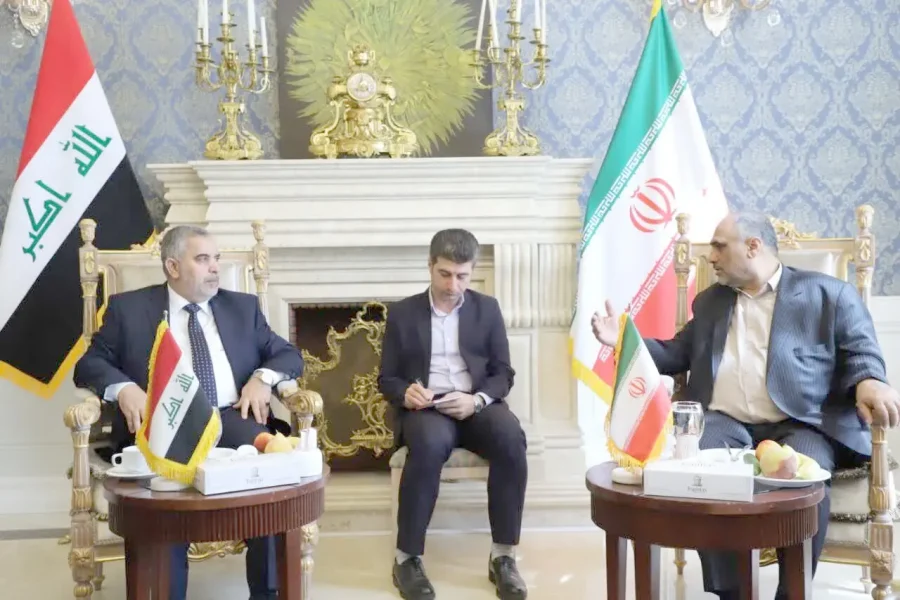Iran and Iraq have approved a series of agricultural cooperation documents including a mutual calendar to expand cooperation in the mentioned sector according to the standards of the two sides and the seasonal needs of the two markets, IRNA reported.
The mentioned documents have been approved in a meeting between Iranian Agriculture Minister Mohammad-Ali Nikbakht and his Iraqi counterpart Abbas Al-Maliki on Saturday.
In this meeting, Nikbakht underlined the role of an agricultural calendar in ensuring the stability of trade relations between the two countries, saying: “We have a calendar and production plan for all kinds of agricultural products in Iran, and if the two countries coordinate based on such an agricultural calendar, we can supply part of Iraq’s needs while supplying the domestic market, and on the other hand, import that part of our market’s from Iraq.”
Iran and Iraq have mutual needs in the fields of trade, investment, transfer of knowledge, and technology in the agricultural sector, and in this regard, Iran is ready to provide its experiences and achievements to the Iraqi side in the mentioned fields, the minister stressed.
The Iranian minister emphasized the need for compliance with health and safety standards within the framework of the mentioned documents and said: “According to economic experts, 2050 will be a difficult year for food supply in the world. This issue will leave more severe effects in our region due to climate change and damage to basic resources such as water and soil; therefore, by taking measures for regional cooperation in the field of agriculture, especially with our neighbors and especially between Iran and Iraq, we will be able to avoid its harmful consequences.”
Further in the meeting, Al-Maliki for his part referred to the good relations between the two countries in the field of agriculture and animal husbandry, saying: “The Islamic Republic of Iran stood up to support us in the difficult and bitter experience of Daesh, and we can continue relying on geographical, cultural and religious commonalities between the two countries to minimize the challenges facing the global economy in the future.”
“The agricultural crisis caused by the war in Ukraine shows the need for the cooperation of neighboring countries even more,” he said.—Tehran Times










